Modern Perspectives
Exploring the History of Time Measurement
Time, an intangible concept that governs our lives, has been a subject of fascination for centuries. From ancient sundials to atomic clocks, humanity has evolved its methods of measuring time. Let's delve into the rich history of timekeeping and explore modern perspectives on this fundamental aspect of existence.
Ancient Timekeeping
Ancient civilizations developed various methods to track time, crucial for agriculture, trade, and religious ceremonies. The Egyptians used obelisks to create sundials, while the Greeks introduced water clocks known as clepsydra. These early inventions laid the foundation for precise time measurement.
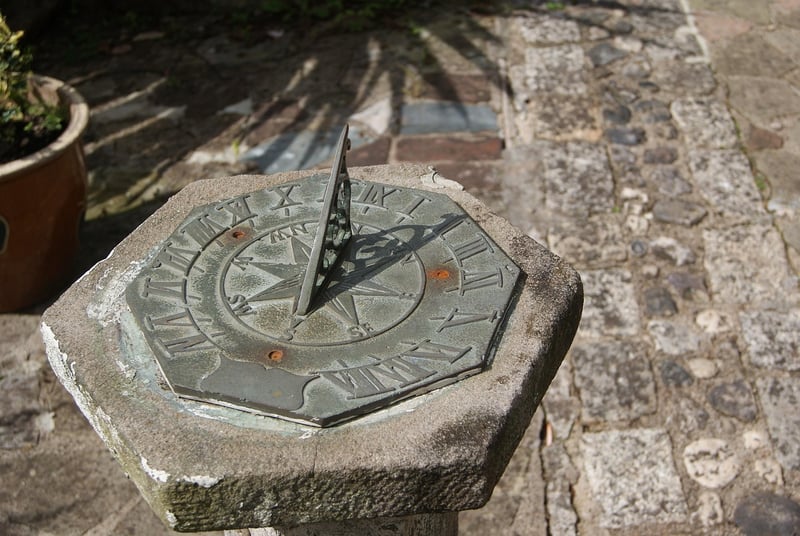
The Advent of Mechanical Clocks
In the Middle Ages, mechanical clocks emerged in European monasteries, revolutionizing timekeeping. These intricate devices featured gears and weights, providing towns with a reliable means of tracking hours and minutes. The clock tower became a symbol of civic pride and technological advancement.
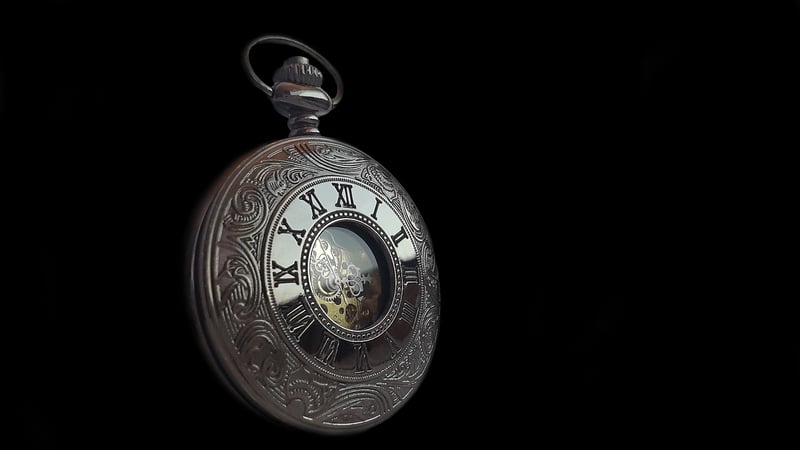
The Industrial Revolution and Standard Time
The Industrial Revolution propelled timekeeping forward with the introduction of standardized time zones. In 1884, the International Meridian Conference established Greenwich Mean Time (GMT) as the prime meridian, leading to the global adoption of time zones. Railways and telegraphs relied on accurate timekeeping for efficient operations.
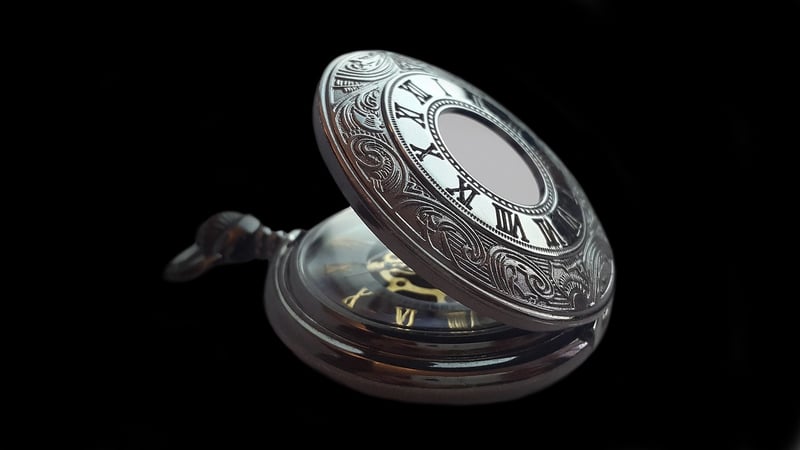
Modern Timekeeping Innovations
In the modern era, atomic clocks have revolutionized time measurement with unparalleled accuracy. These devices utilize the vibrations of atoms to define a second precisely. Global Navigation Satellite Systems (GNSS) like GPS rely on atomic clocks to provide accurate positioning data, showcasing the importance of precise timekeeping in today's interconnected world.
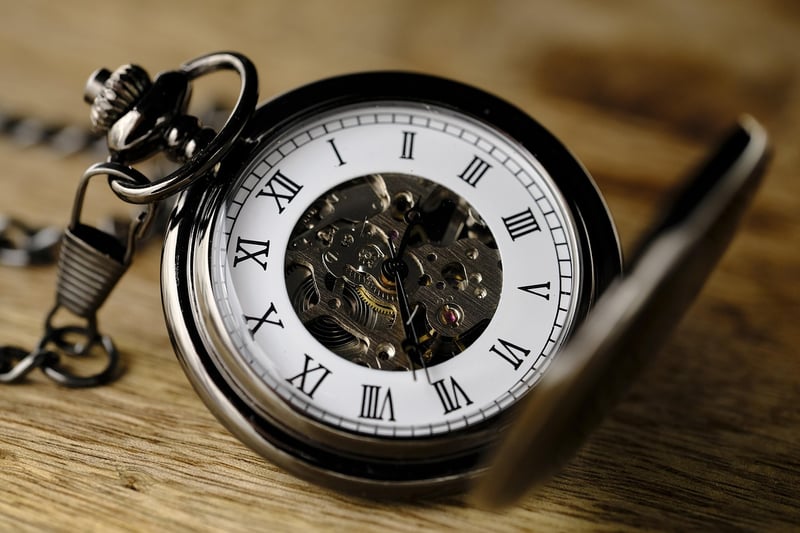
Looking Ahead: The Future of Time
As technology advances, our understanding and measurement of time continue to evolve. Quantum clocks, based on quantum principles, hold the promise of even greater precision. The quest to comprehend the nature of time itself remains a fascinating journey for scientists and philosophers alike.
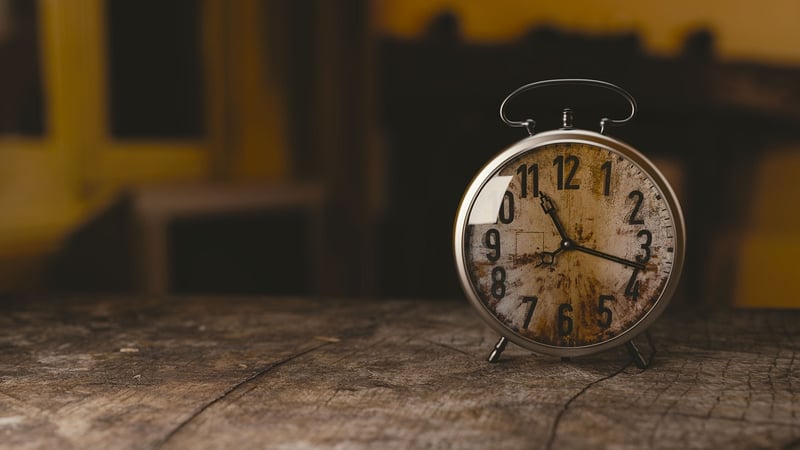
From ancient sundials to cutting-edge atomic clocks, the history of timekeeping reflects humanity's relentless pursuit of precision and understanding. As we peer into the future, the concept of time remains a captivating enigma, driving innovation and shaping our perception of the world.
